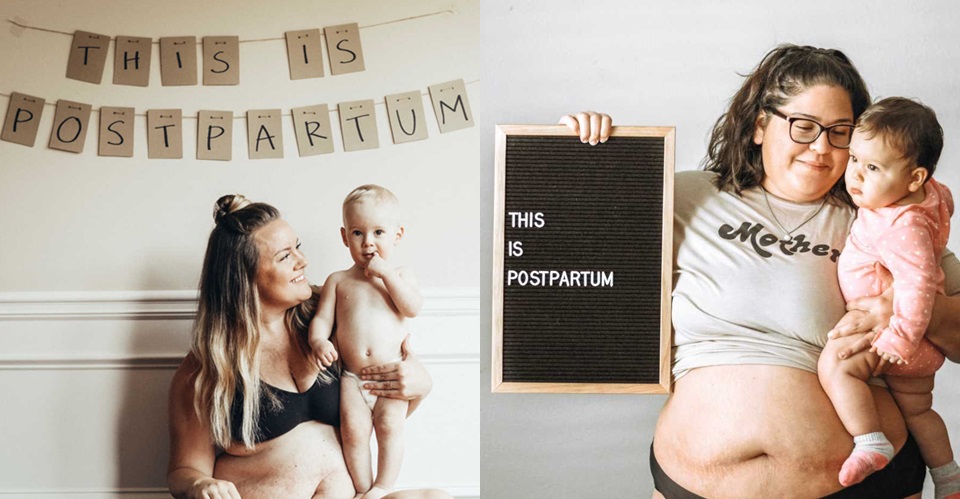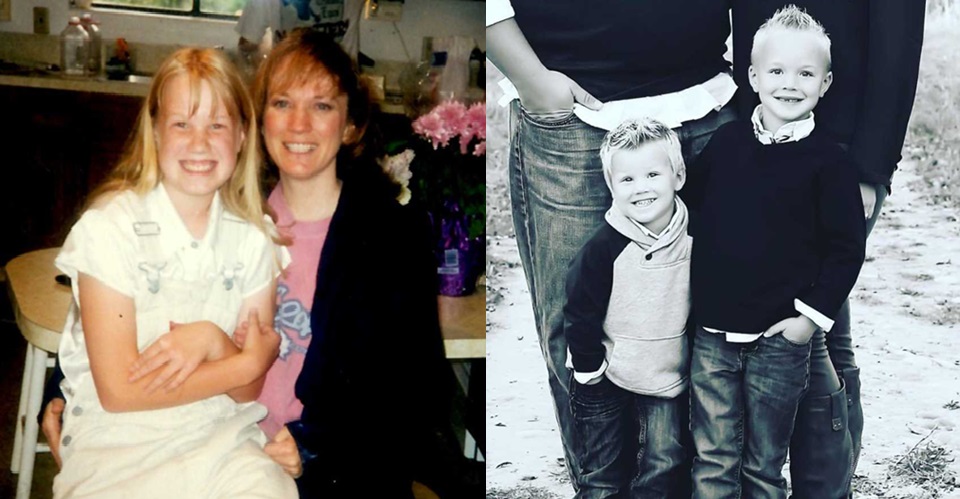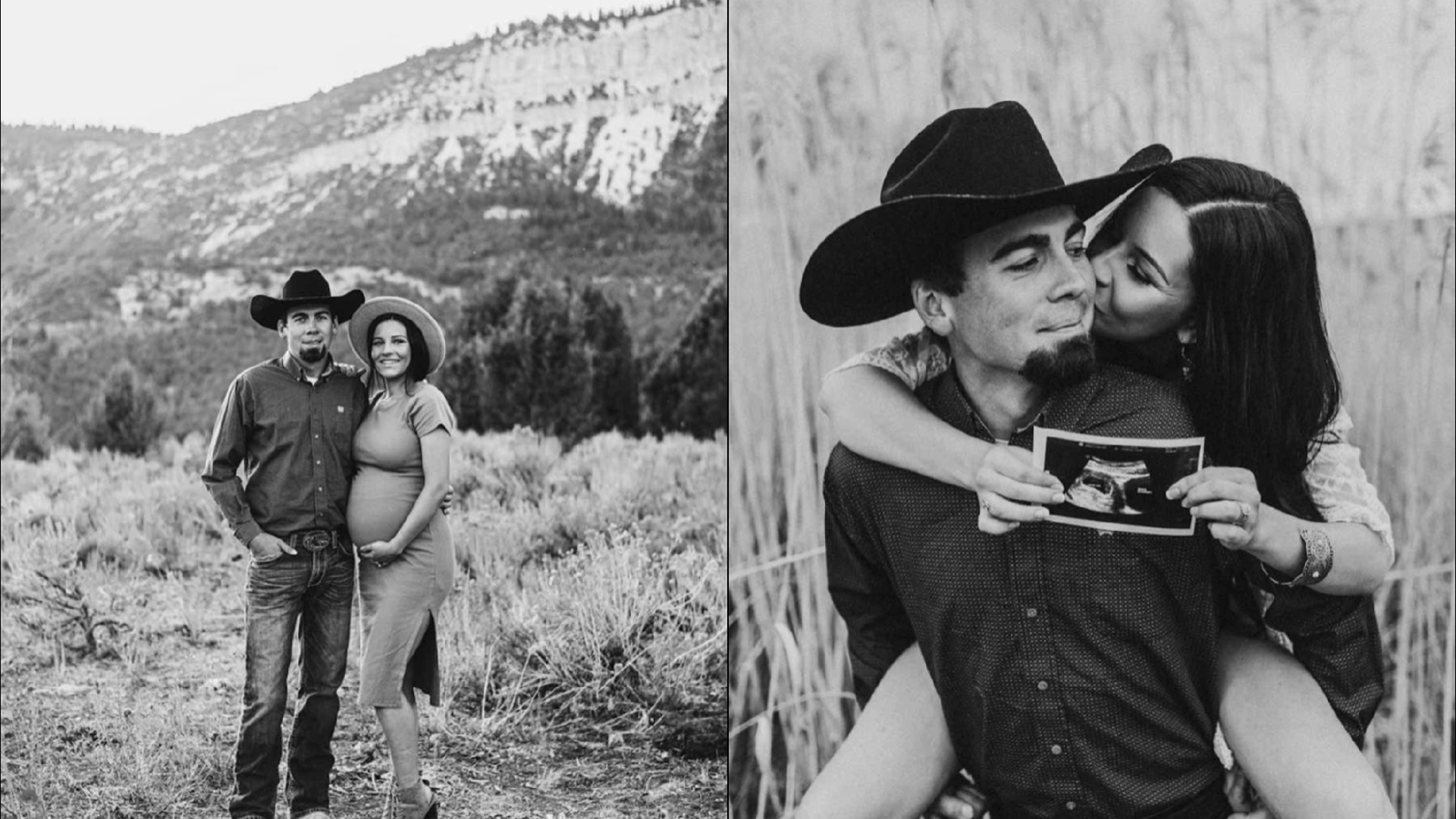For nearly three decades, she never gave much thought to her body. It simply existed, carrying her from one day to the next. It wasn’t perfect, but it worked, and that felt like enough. Then came motherhood, and with it, a strange mix of awe and discomfort. When her daughter, Maci, arrived, she began to understand what it meant to truly see her body for the first time, not in the mirror, but in the quiet, tired moments of holding a newborn against her chest.
It wasn’t easy, though. When she took that first picture of her postpartum body, bare and vulnerable, her heart raced. Her hands trembled. She almost didn’t post it. She felt the panic rising — the old voice whispering that her body wasn’t the kind people celebrated. It had fat. It had rolls. It had stretch marks, not just from pregnancy but from years before. Still, she hit “share.” And that tiny act of bravery cracked something open.

Motherhood can be beautiful, but it can also be lonely. In those early weeks, she found herself scrolling endlessly through images of perfection — smooth bellies, glowing faces, bodies that didn’t look like they had ever housed another life. She searched for someone who looked like her, a plus-size mother navigating postpartum life, but the screen offered only silence.
Then came the comments. The messages. The quiet thank-yous from women who felt seen for the first time. That’s when she realized there were so many like her — women standing in front of mirrors, tugging at clothes that didn’t fit the same, trying to love a body that had done something miraculous but no longer felt like home. That’s how This Is Postpartum was born, a small idea that grew into a movement. She wanted it to be a place where every kind of mother could belong. Not just the ones with flat stomachs or polished nursery photos, but the ones with stretch marks that told stories, with scars from C-sections, with soft bellies that once held life.
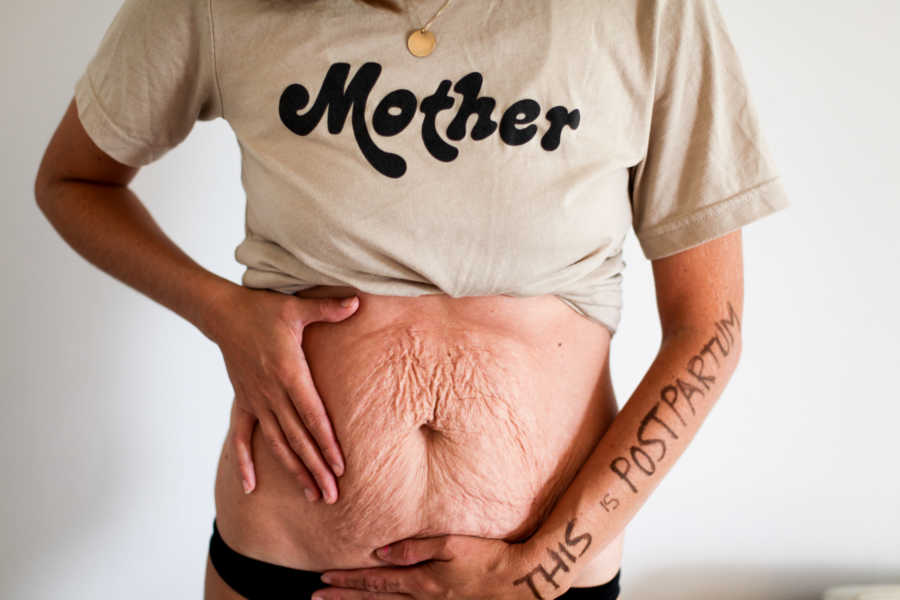
The photos began pouring in. Mothers of triplets, mothers of one. Women with C-section scars and women who had struggled through infertility. One mother shared her story of fearing how much her body would change, wondering if she’d ever feel comfortable again. Another spoke of the day she decided to stop criticizing herself and start calling her scars “hope wounds.” The same quiet truth stitched together each story, postpartum is not one-size-fits-all.
Another mother stood in her kitchen with her baby resting against her chest, her hair undone, her eyes tired but alive. She joined the project to remind others that this journey is not meant to look perfect. It is messy and unpredictable, yet that’s what makes it beautiful. Every wrinkle, every scar, every mark on her skin told the story of a life well lived and a love that grew from within.
Social media had painted a narrow picture of motherhood, but this movement began to widen the lens. It reminded women that it’s okay to exist in bodies that don’t bounce back. It’s okay to carry softness, to wear stretch marks like badges of survival. Postpartum is not a phase to be hidden or rushed through, it’s a season that deserves to be seen.
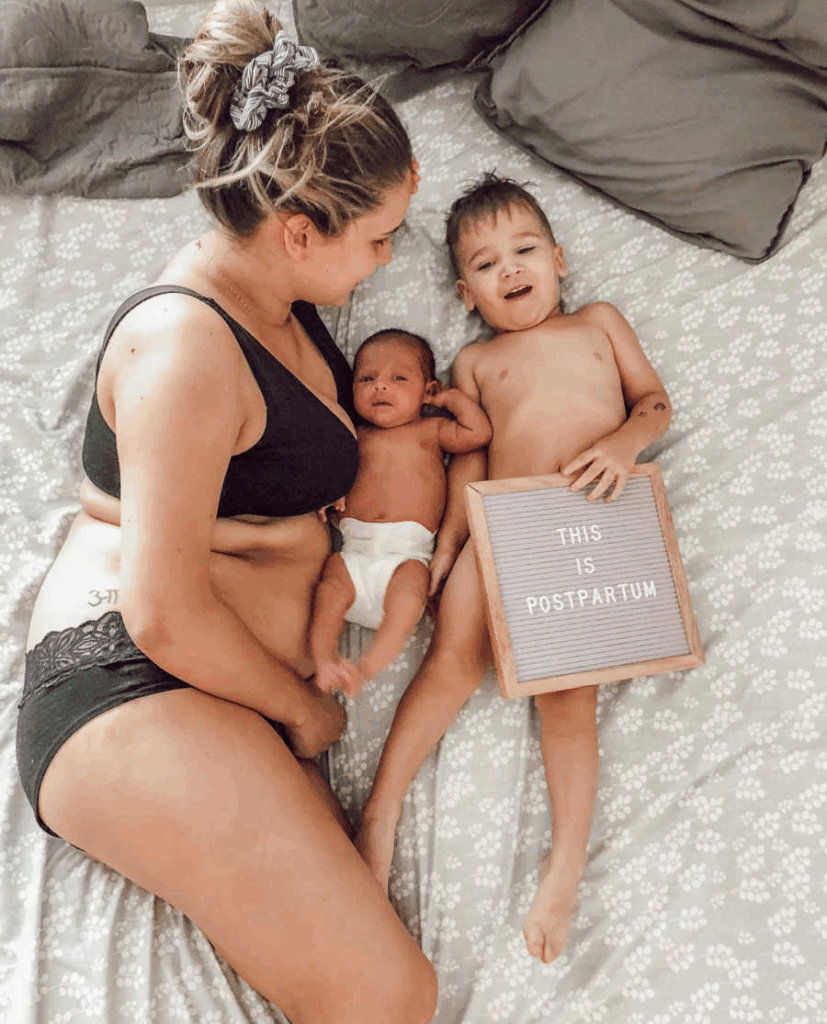
She doesn’t just see fat or rolls in her own reflection now. She sees strength. She sees late-night feedings, laughter in the dark, and tears that turned into grace. Her postpartum body is not something to fix, but something to honor. And for every woman who has stood in front of a mirror, uncertain and ashamed, she hopes this truth lands softly: your body is not less than. It’s not broken. It’s just beautifully, powerfully postpartum.
